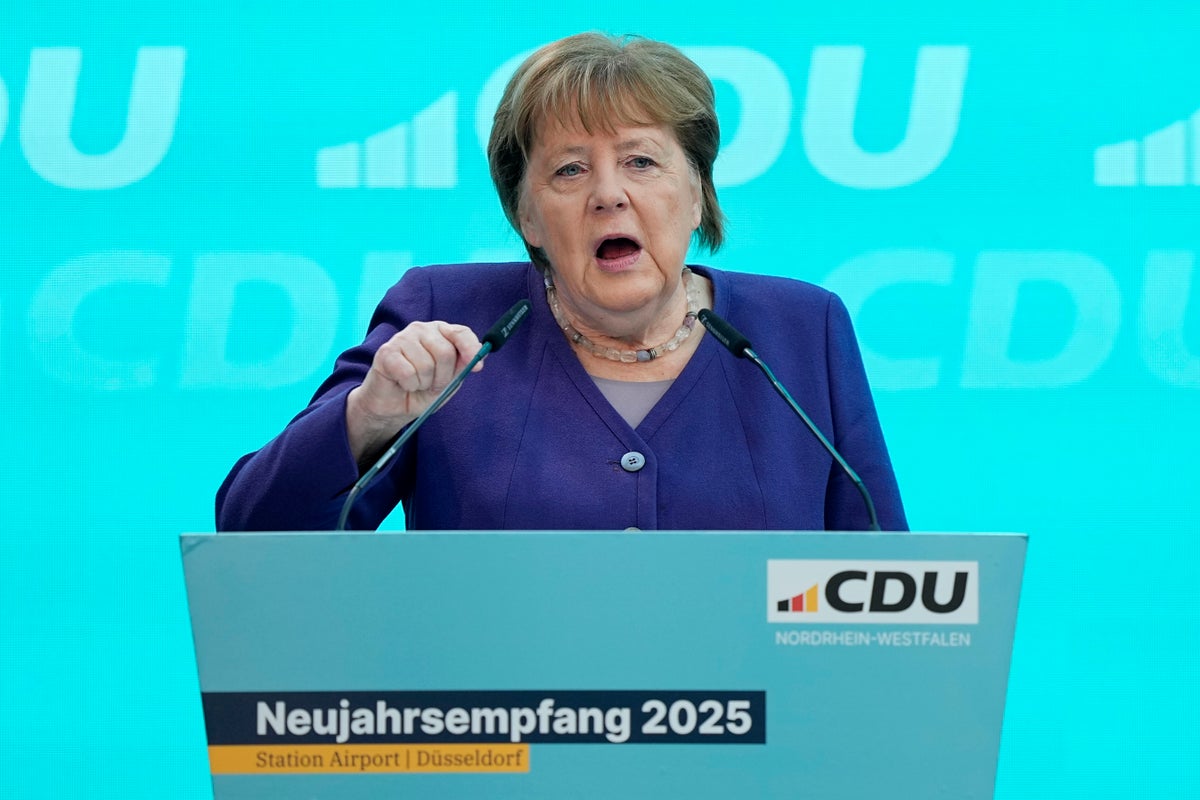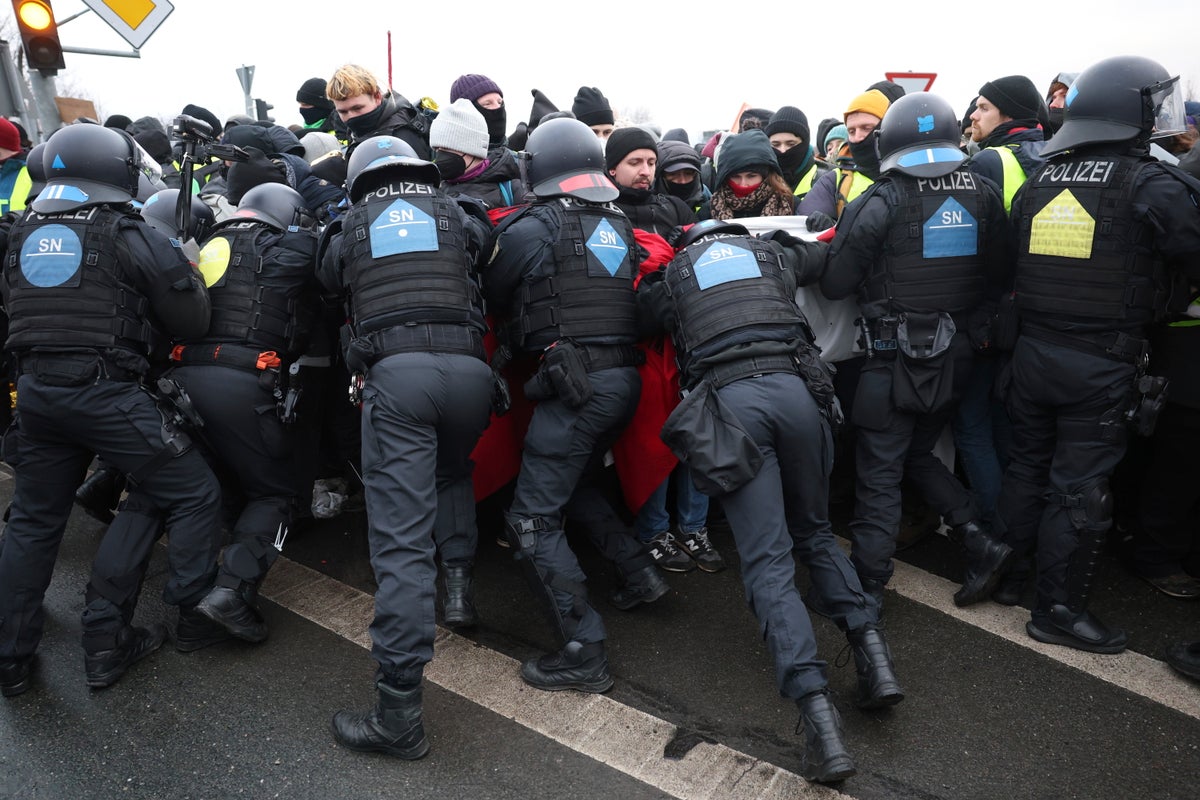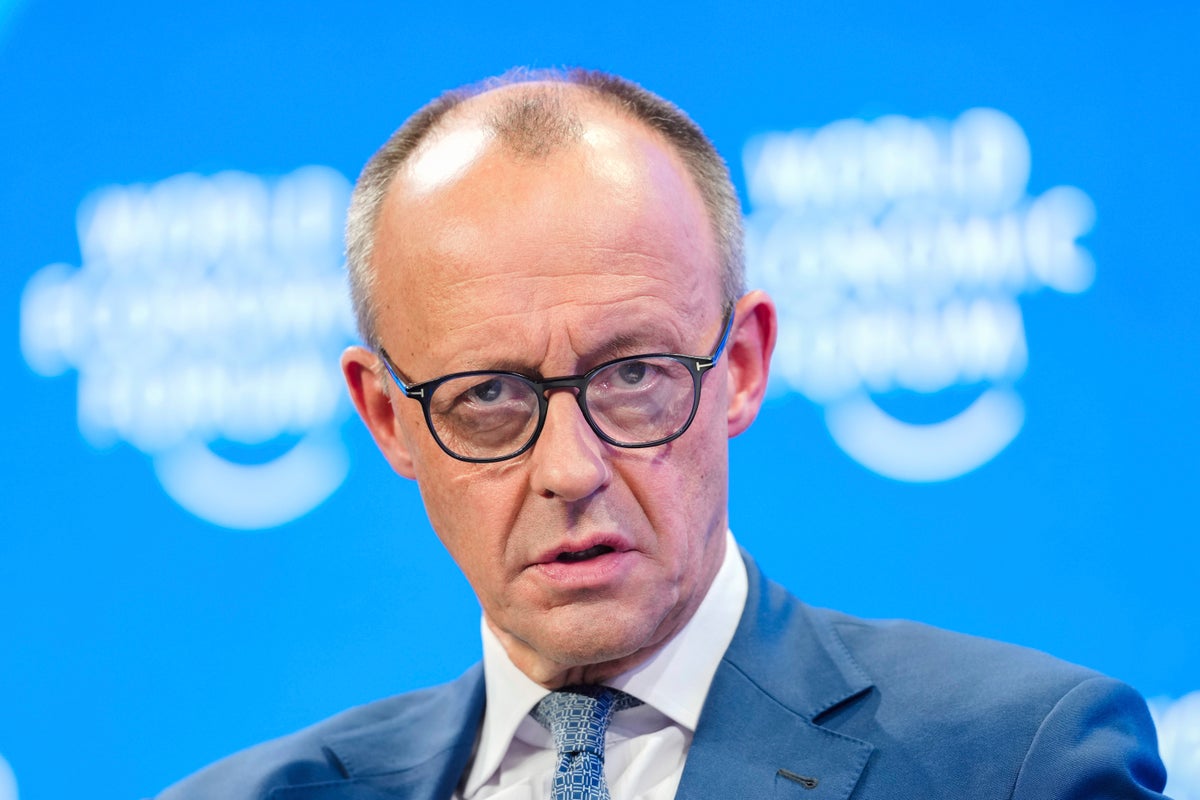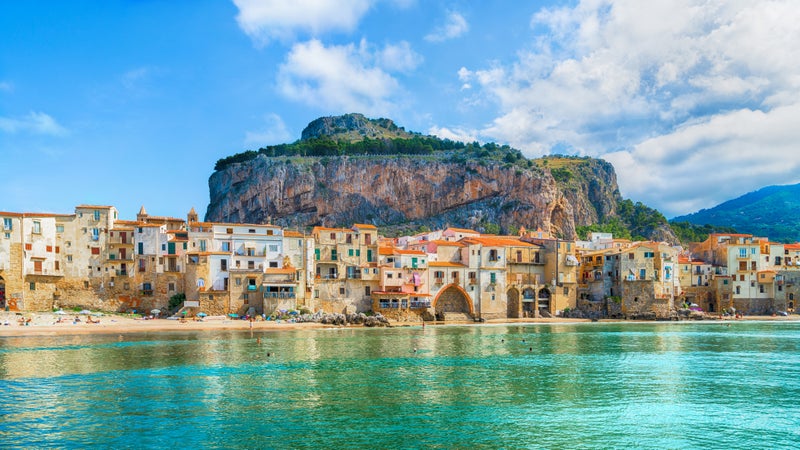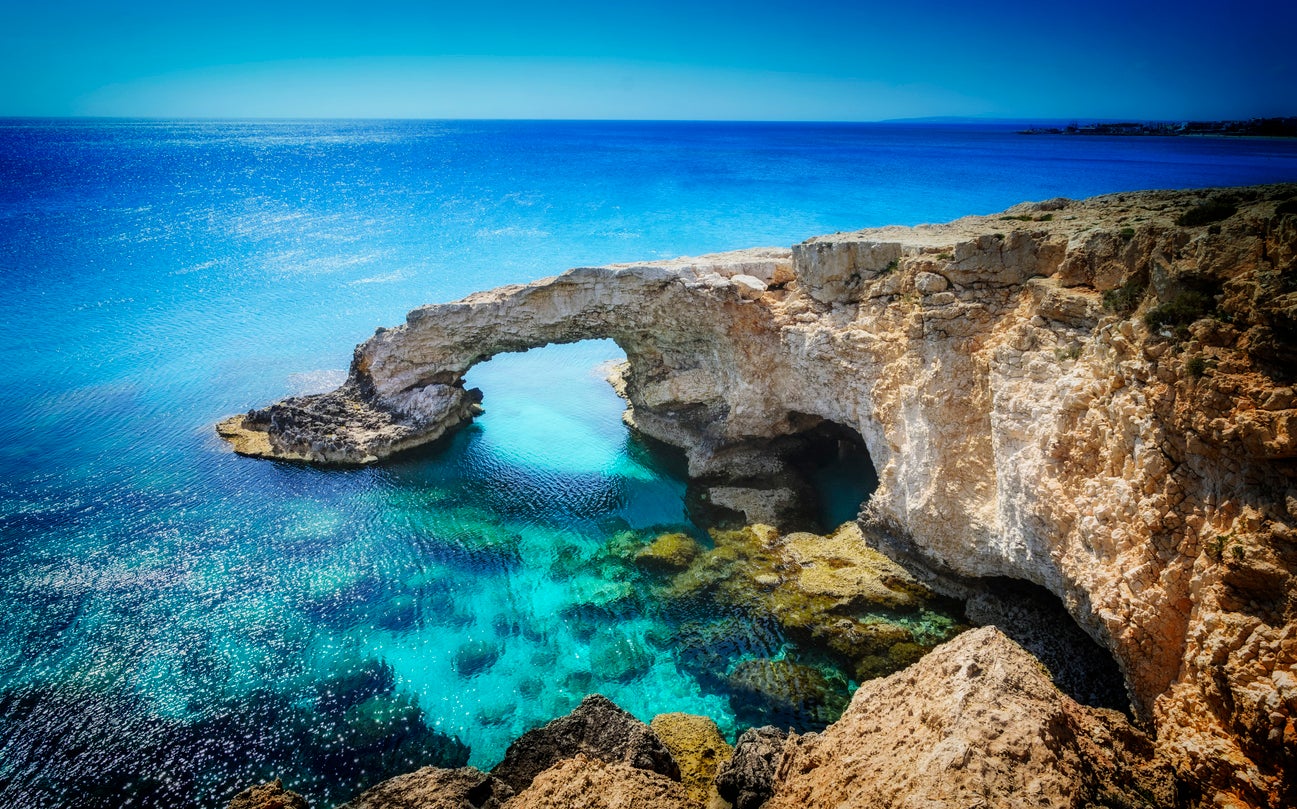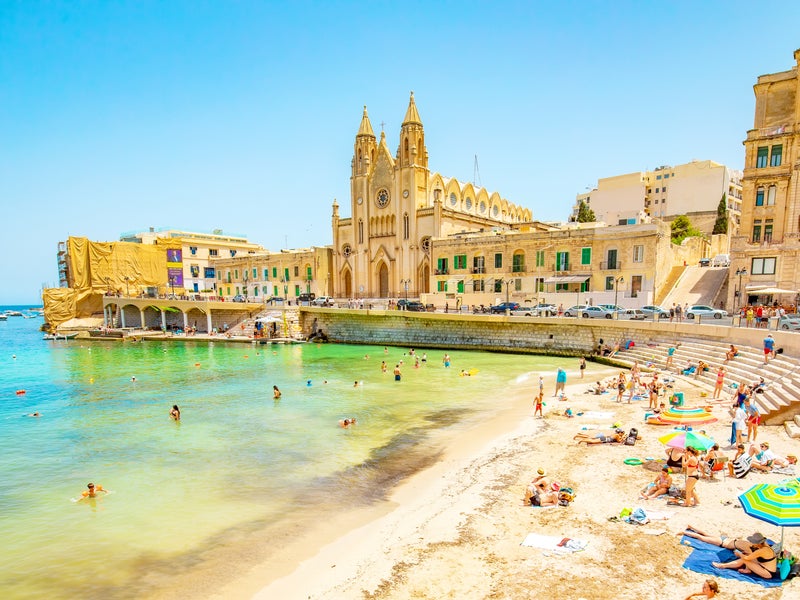Would be chancellor Friederich Merz breaks post-war convention of no political deals with far right. On a foggy, frigid morning in Saxony, far-right MP René Bochmann could not believe his party’s luck in the final days of the German election campaign, with all eyes on Alternative für Deutschland (AfD). Since conservative frontrunner Friedrich Merz signalled a taboo-breaking openness to AfD support for his hardline course on border policy, voters visiting Bochmann’s information stands in small towns such as Schkeuditz have had one issue at the front of their minds: immigration.
![[Young supporters of CDU leader Friedrich Merz carrying placards with his name on ]](https://i.guim.co.uk/img/media/be1548a67f7c043b95813f871f3782bb49c49afe/0_53_4478_2686/master/4478.jpg?width=445&dpr=1&s=none&crop=none)
In a spectacular gambit, Merz attempted to wrest back control of the highly charged migration debate by passing a non-binding resolution on border security in parliament with votes from the far right – violating an unwritten rule of the post-Nazi period. The far right cheered its newfound acceptability while an uproar ensued among mainstream MPs; 48 hours later, Merz failed to pass a separate immigration-tightening bill in the Bundestag after a rebellion from within his own ranks.
![[A huge crowd of protesters stretching back in a long line ]](https://i.guim.co.uk/img/media/5b487475180c4cce3ea45242efb4bfc01886d247/0_183_5500_3300/master/5500.jpg?width=445&dpr=1&s=none&crop=none)
“Herr Merz has a dilemma,” said Bochmann, speaking to the Observer. “He sees the AfD’s poll ratings and knows he’s got to do something to keep us at bay. But voters doubt he’ll be able to do what he says [on immigration] and so the only way to really show they want change is to vote for us.”. Merz’s centre-right CDU/CSU alliance is hotly tipped to come first in the 23 February election with about 30% support, while the anti-migrant, anti-Islam AfD has held second place for months in the polls at just over 20%.
Merz’s dramatic ploy to court far-right support in parliament for his “uncompromising” migration policies has failed to lure back AfD voters, opinion surveys suggest, with only negligible movement in support. Meanwhile, his characteristically impulsive stunt has shifted debate away from what polls say is Merz’s strongest selling point: the parlous state of the German economy. At the same time, his mercurial tactics appear to be stoking doubts about how he would govern.
German voters across the spectrum said last week that the turbulent campaign has left them deeply sceptical over whether the political centre is capable of forming alliances to address their concerns, with the AfD ready to pounce if things fall apart. Weekly news magazine Der Spiegel headlined its latest cover story: “After the taboo breach: is Germany still governable?” A YouGov poll showed four out of five Germans worry about what Merz’s muddier stance on the AfD will mean for future coalition talks among the mainstream parties.
Lunchtime approached in Schkeuditz, a town near Leipzig airport, where many work at the giant DHL air cargo hub. Local people picking up a bratwurst at the grill van on the neat market square stopped to chat with Bochmann and his campaign volunteers, who handed out anti-theft credit card sleeves emblazoned with the blue AfD logo featuring an eye-catching red swoosh. It was the only party present. Bernd Ullrich, 72, said he had long voted for the CDU (Christian Democrats), Merz’s party, after the Berlin Wall fell but turned to the AfD for its anti-immigrant stance.
“After reunification, we were proud of what we had achieved but now things are heading south and it’s all a result of [Angela] Merkel’s migration,” he said, referring to the former CDU chancellor’s decision a decade ago to leave the border open to more than 1 million people fleeing war and poverty. Merz has also blamed that policy for fuelling the AfD’s rise. Assuming he wins, Merz would almost inevitably require a party to the CDU’s left – the Social Democrats or the Greens – to form a viable majority, Ullrich noted. Because Merz has ruled out a formal coalition with the AfD, that would require compromise on his pledges to curb migration by, for example, turning “irregular immigrants” back at the border.
“Merz talks a good game [on immigration] but when the election is over, he’ll govern with red or green and have to backtrack,” Ullrich said, referring to the centre-left parties’ colours. “That’s election fraud.”. Grit E, a 50-year-old Green voter, said she had been shocked to hear many longtime friends and neighbours in recent years give up on democratic parties, and worried that her teenage daughter’s outspoken opposition to the far right could get her into trouble in town. She fears Merz would not keep his word to bar the AfD from government.
“It’s all been so chaotic and confusing,” she said of Merz’s AfD overtures. “He’s slammed his foot on the gas but is racing in the wrong direction. The way things are going is scary.”. German chancellor Olaf Scholz’s unpopular “traffic light” coalition collapsed in November, triggering early elections seven months ahead of schedule. Merz, who has never run a ministry or one of Germany’s 16 regional states, has long looked well placed to realise a decades-old dream of becoming chancellor.

